The Microbiome Ecology and Biogeochemistry team aims to generate innovative knowledge on the exciting universe of the complex and interconnected microbial diversity and functions across multiple natural environments.
In our research projects, we cover the study of fundamental biogeochemical cycles (e.g Nitrogen) and microbial communities in extreme polar regions (Arctic and Antarctica), deep sea environments, temperate coastal waters, estuarine ecosystems and open ocean environments, with a broader perspective on how microbiomes respond to global changes.
Our studies are multidimensional involving oceanographic campaigns, as well as in situ experiments, microcosms and bioreactors experimentation using biogeochemical measurements, microbiome sample processing and genomics / metagenomics / metatranscriptomics work flow analysis. We participate in national, and international marine microbiome monitoring programs by generating long-term genomic data sets, with an active involvement in international microbiome consortia and metagenomics standardized initiatives (e.g. Ocean Sampling Day, EMO-BON, ATLANTIDA, Ny-Alesund pelagic monitoring).
The fundamental knowledge acquired by our research team on complex microbial functions across natural environments allow us to contribute to interdisciplinary projects related with the development and validation of novel technologies for Ocean observation and pollution mitigation, as well as in projects related to microbial applied disciplines, specifically in bioprospecting, bioremediation and aquaculture microbiomes managing.
Our team works in a strong interdisciplinarity environment (Microbial Ecology, Biogeochemistry, Genomics, Oceanography, Bioinformatics, Big Data Analysis, Modeling, Technology Development) together with national and transnational partners to explore the exciting scientific challenges on the fundamental roles of the environmental microbiome.
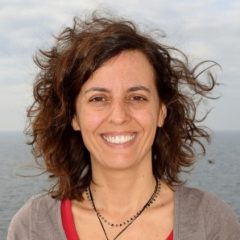
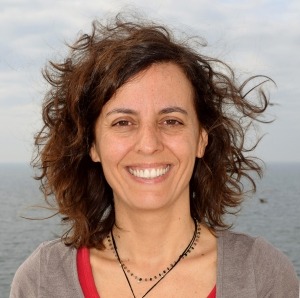
PhD in Marine Sciences, researcher of CIIMAR, invited assistant professor at University of Porto and member of the coordination committee of Portuguese Polar Program. Her major research is on understanding how microbial derived nitrogen machineries interact and to identify the mechanisms regulating their operation. She focus her research on the impact of pollutants in marine N-biogeochemical pathways and in identifying the environmental constraints and controls on microbial Nitrogen pathways distribution including in extreme environments (Arctic/Antarctica). In the context of her research the methodologies she use are mainly biogeochemical measurements, microbiome sample processing and genomic and metagenomic work flow analysis.
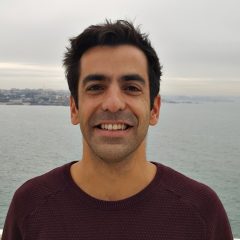
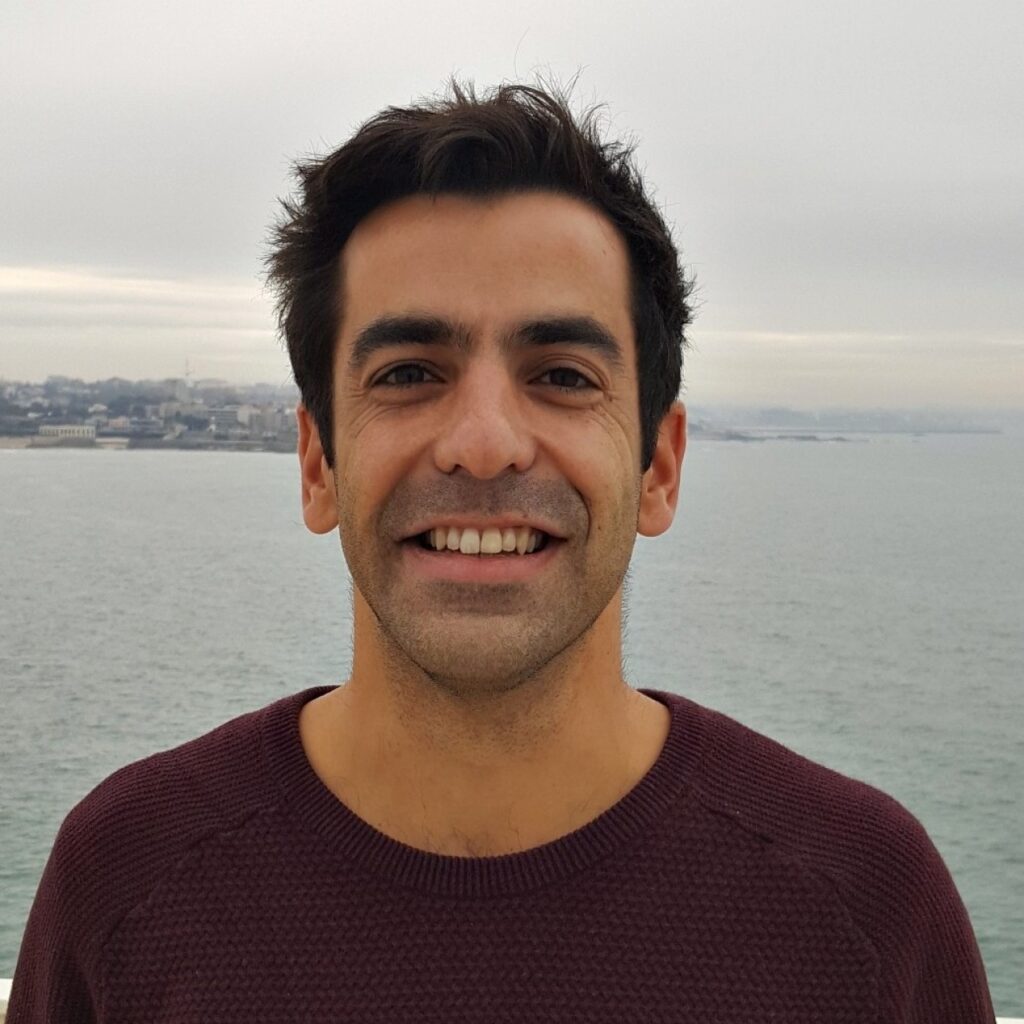
Miguel Semedo received his PhD in Marine Sciences from the Virginia Institute of Marine Science, College of William and Mary (2019), and he is currently a junior researcher at CIIMAR. As a microbial ecologist, Miguel is interested in investigating the diversity and function of microbial communities across multiple environments and their roles in biogeochemical processes. He is especially interested in understanding the impacts of human activities and pollution on these microbial processes. For his research, he applies molecular, bioinformatic, and biogeochemical methodologies to connect the dots between microbial community composition and biological activity.
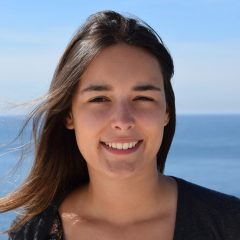
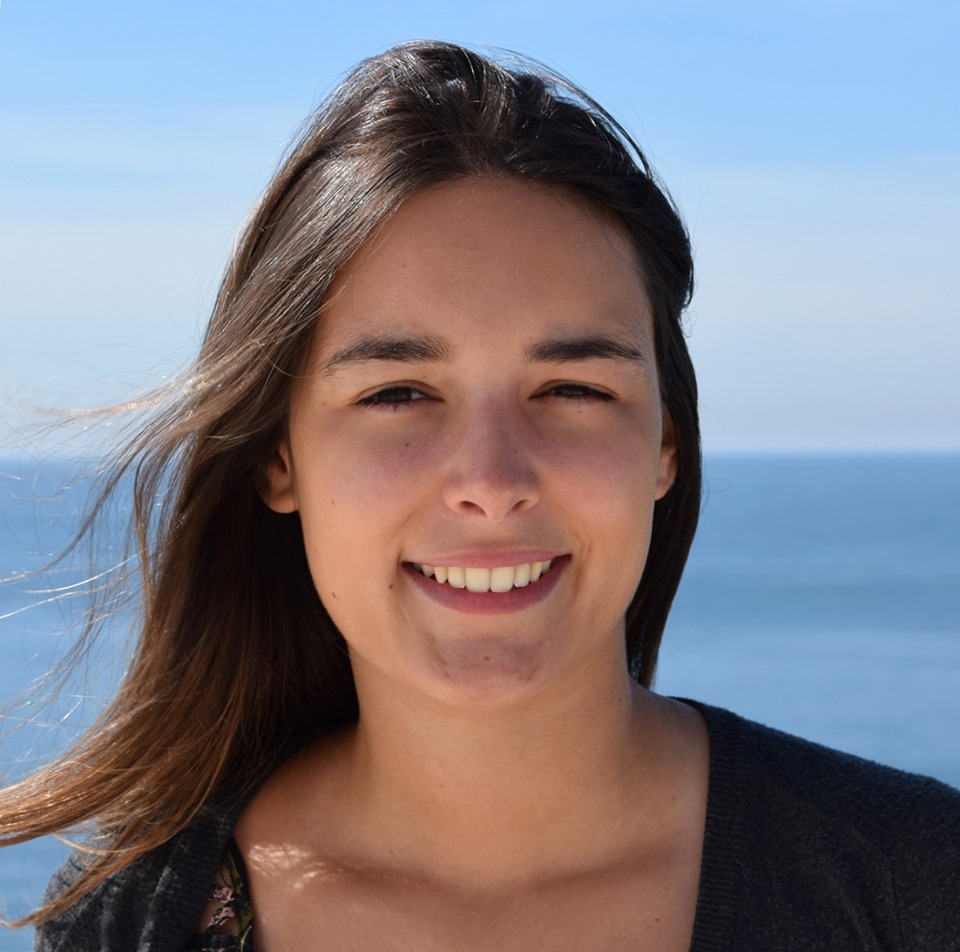
Adriana Rego graduated in Biology at the University of Porto in 2015 and received his MSc in Molecular Biology (2017) from the same university. Since 2019 she is a FCT PhD student enrolled in the Biomedical Sciences doctoral programme. In her project she combines bioinformatics and microbial ecology to study the distribution and diversity of bacterial biosynthetic genes across multiple ecosystems.
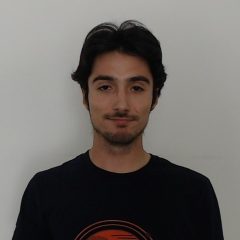
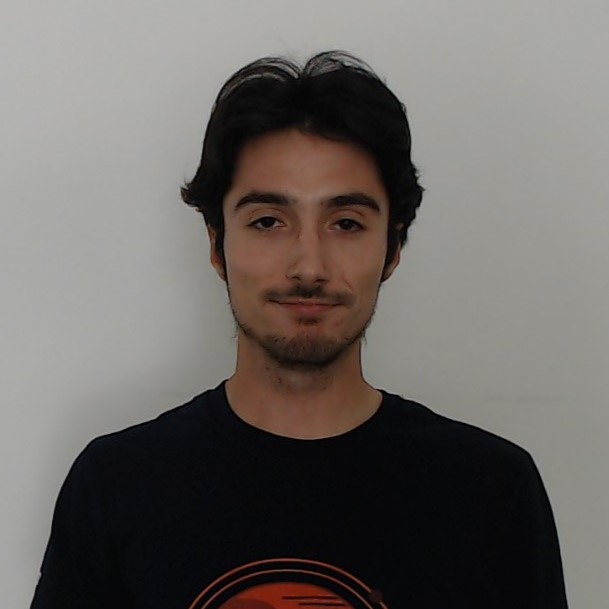
Afonso Mota is a PhD candidate in Astronomy at the University of Porto working in the field of Astrobiology. His research focuses on the connection between Microbiology and Astrophysics to study exoplanet habitability. He holds a master’s graduate in Biology of Extreme Environments from the University of Naples “Federico II”, in Naples, Italy. He also has previous background in Astronomy and Physics, having developed his MSc thesis at the German Aerospace Center (DLR) in Cologne, Germany. He has participated in several international conferences and actively engages in science communication with the general public.
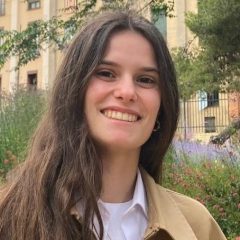
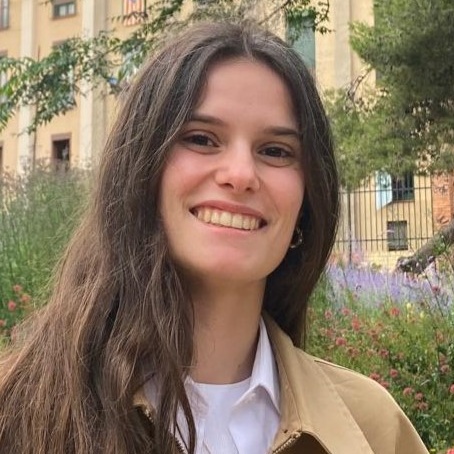
Diana Sousa holds a bachelor’s degree in Biology from the University of Aveiro. She is currently pursuing a master’s degree in Microbiology at the same institution. At CIIMAR her work focuses on studying the diversity and functions of microbial communities on the Arctic Ocean ice platform.
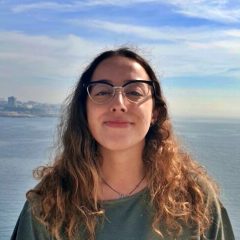
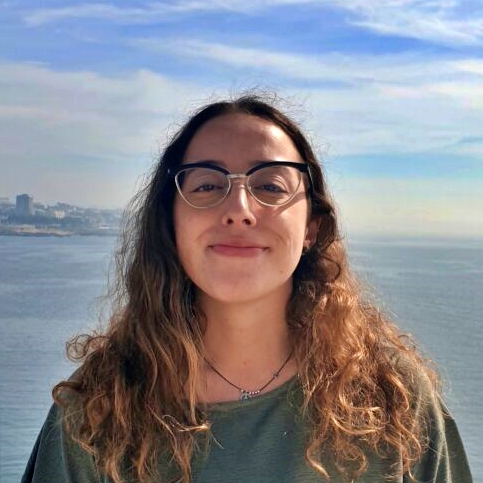
Eva Lopes has a Master’s degree in Marine Sciences-Marine Resources, with a specialization in Marine Biology and Ecology (University of Porto). Currently, she is doing her PhD in the doctoral program “Marine Science, Technology and Management” at the Faculty of Sciences of the University of Porto. Her PhD thesis focuses on how the Atlantification phenomenon affects microbial communities in the Arctic Ocean, in terms of their diversity and interactions with each other, with a special focus on the nitrogen cycle. For her PhD, she collects samples at the Ny-Ålesund science station and works in partnership with the Norwegian Polar Institute.
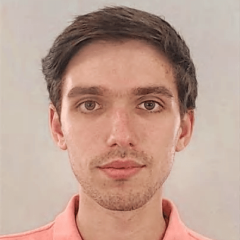
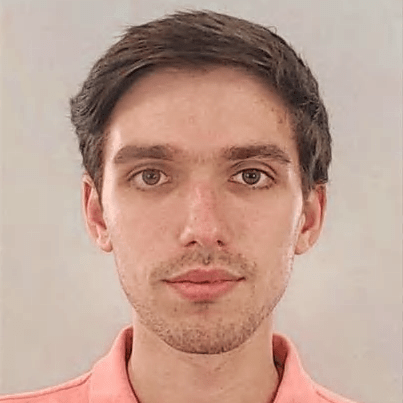
Master of Science in Microbiology, PhD candidate at CIIMAR. His research is focused on the analysis of amplicon sequencing data and metagenomics from environmental microbial communities. His PhD project focuses on the rare biosphere response to climate change in the Arctic ocean.
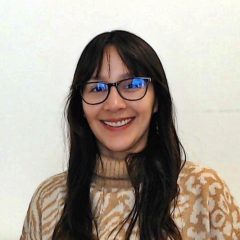
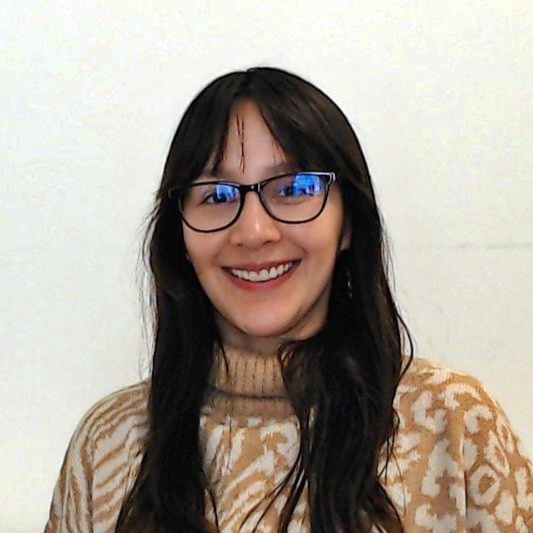
I obtained a bachelor’s degree in biology from Universidad del Valle (Colombia) and a master’s degree in molecular biology through a joint programme with Vrije Universiteit Brussel, KU Leuven, and the University of Antwerp (Belgium). Throughout my education and professional experience, I have gained expertise in microbiology, bioinformatics, and agro- and plant biotechnology. Currently, I am a PhD student in the doctoral programme in Biodiversity, Genetics, and Evolution at the University of Porto. My research, funded by the AIR Centre, focuses on evaluating the impact of climate change on nitrogen-cycling microbial communities in the Arctic Ocean.
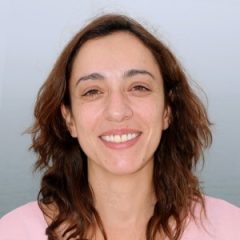
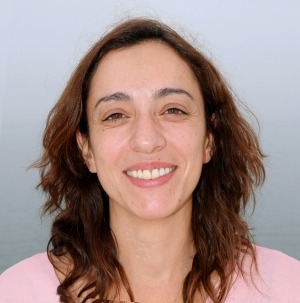
Joana Faria da Costa completed her degree in Aquatic Sciences in 2006 and her PhD in Biomedical Sciences in 2012 at the Institute of Biomedical Sciences Abel Salazar, University of Porto. She is currently a postdoctoral researcher at the Laboratory of Microbiome Ecology and Biogeochemistry at CIIMAR. Her expertise includes molecular biology, next-generation sequencing, and environmental toxicology. Her primary research interests center on microbial communities involved in mercury and nitrogen cycling, as well as pollutant detoxification in polar environments.
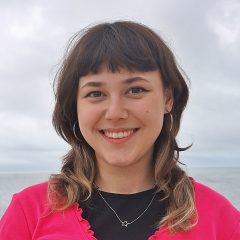
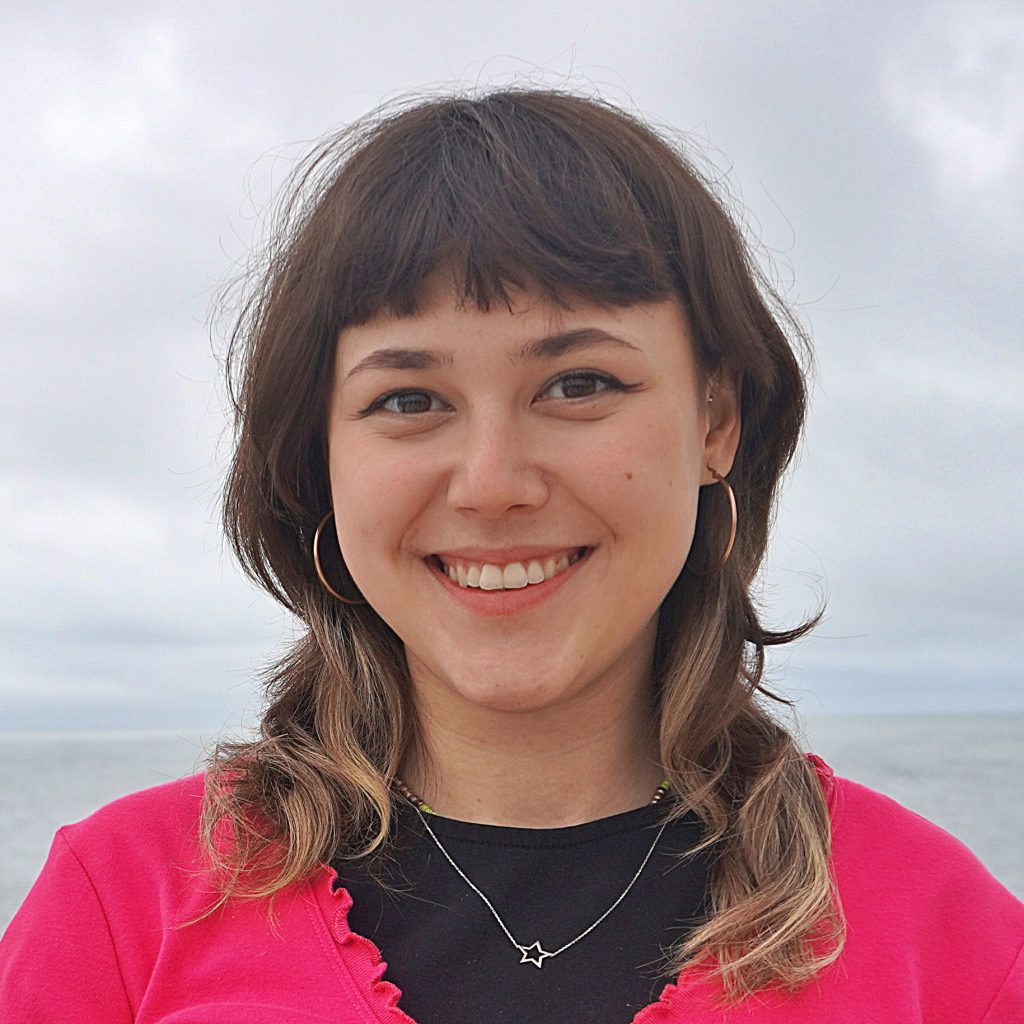
Ksenija was born in Belgrade, Serbia, where she obtained her Bachelor’s degree in Molecular Biology and Physiology from the University of Belgrade. She also holds a Master’s degree in Biodiversity, Genetics, and Evolution from the University of Porto. Her Master’s thesis at CIIMAR focused on microorganisms involved in ice nucleation and cloud condensation in Antarctic precipitation.
Currently, she is a fellow under the AntClimNow Stewardship Scheme from SCAR, working on improving access to climate-related data for Antarctica. As part of the APMAR25 and MicroANT projects, she studies the role of Atmospheric Rivers in the transport of microorganisms in the Antarctic Peninsula. To gather data for this research, she will join an expedition to King George Island, located in the northern part of the Peninsula.
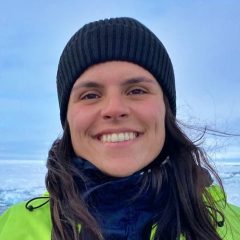
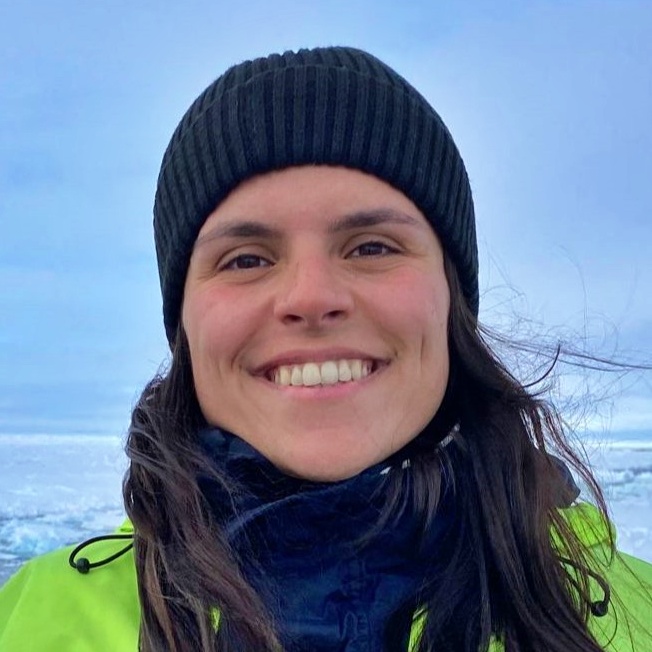
Leonor Pizarro has a Bachelor’s degree in Microbiology and a Master’s in Applied Microbiology, both from the Escola Superior de Biotecnologia – Universidade Católica Portuguesa do Porto. After working as a research techician at CIIMAR for the DeepResist project, she is now a PhD student at CIIMAR, in colaboration with WHOI (USA), where she explores metal impacts and the bioremediation potential of deep-sea bacteria and microbial communities. Leonor participates regularly in deep-sea cruise expeditions where she collects samples for her PhD work, and learns about various equipments and techniques.
Leonor is also a part of CIIMAR’s PhD students committee, having participated in the organization of 2024’s Blue Think Conference, among other activities.
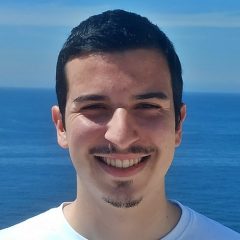
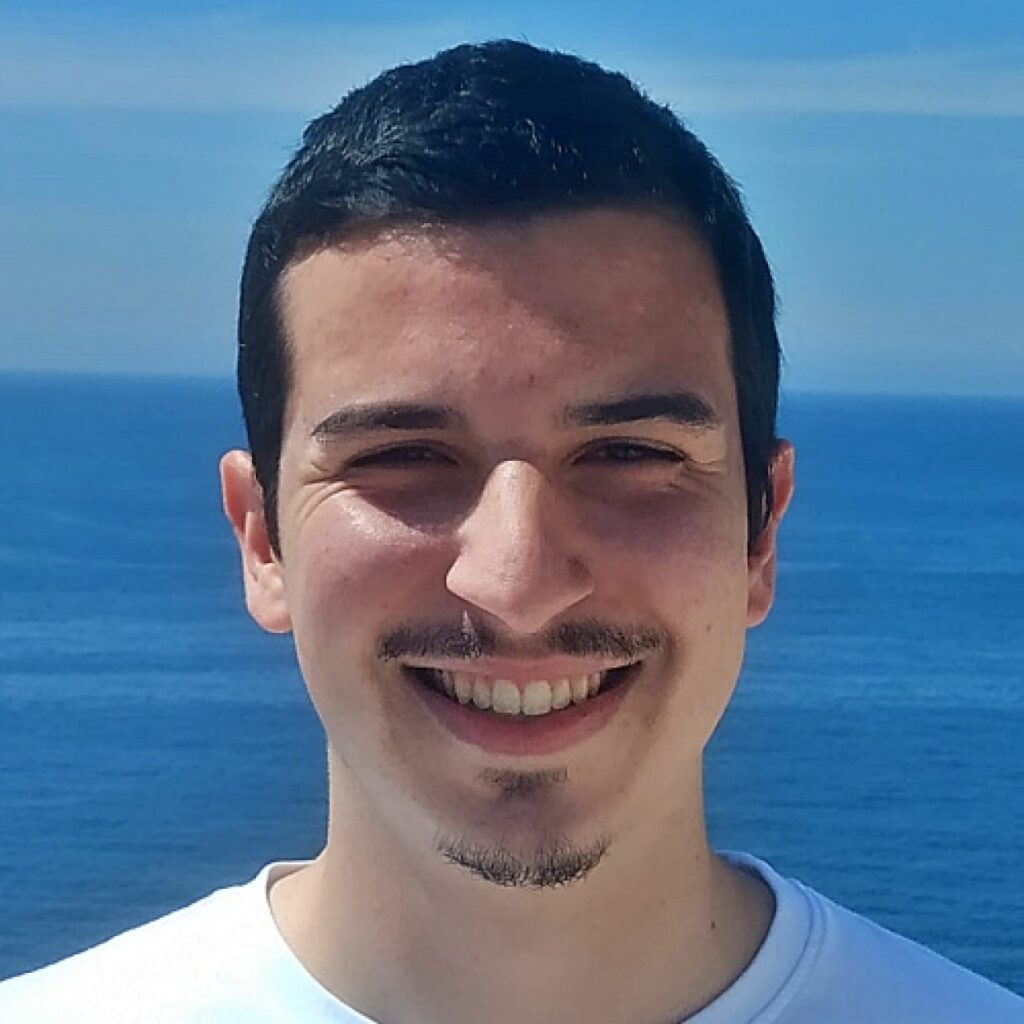
PhD Student at the Coastal Biodiversity Laboratory and the Microbiome Ecology and Biogeochemistry team at CIIMAR, with a master’s degree in Applied Marine Biology from the University of Aveiro. Since 2019, his research has been carried out in cetacean ecology, now mainly focusing on the development and application of environmental DNA tools to study these animals.

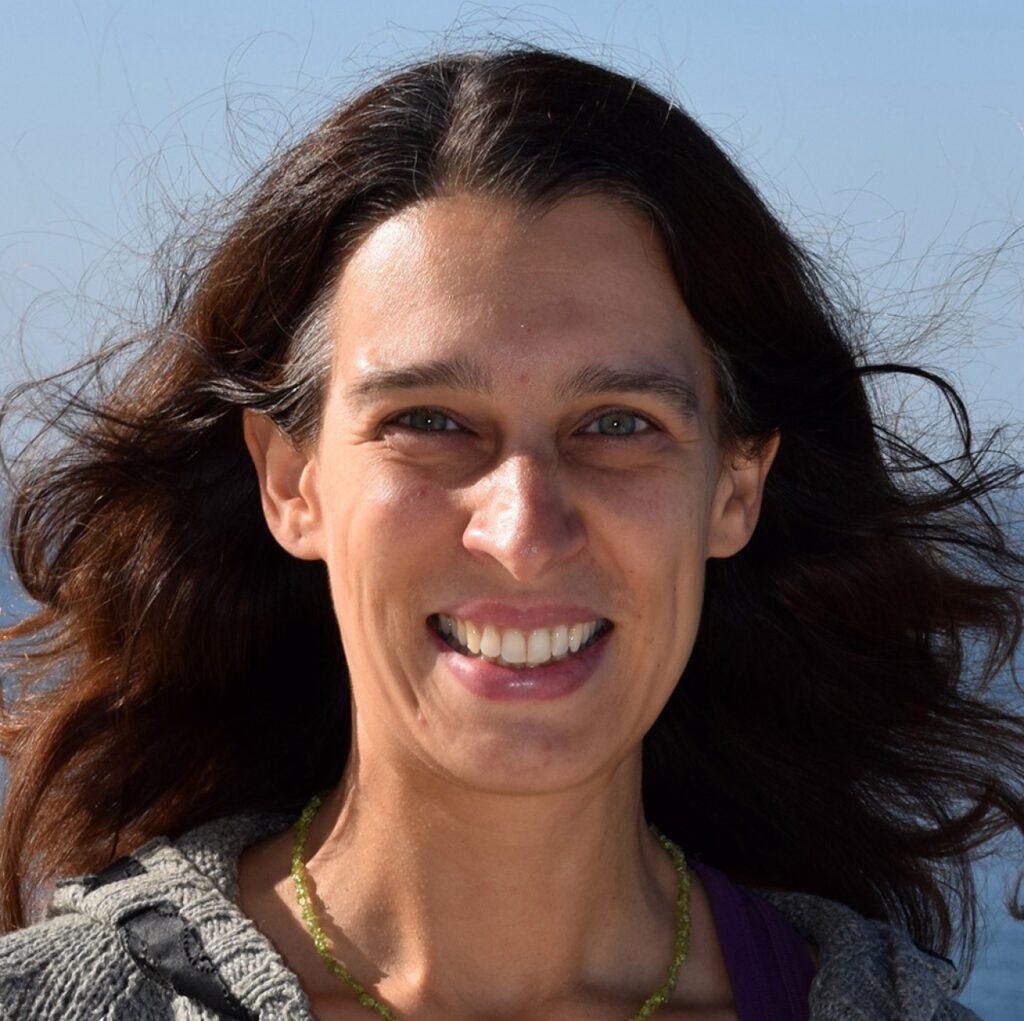
Mafalda Baptista is a postdoctoral researcher working on the microbial ecology of aquatic systems and extreme environments. She got her PhD in Environmental Sciences and Technology from the University of Porto in 2008. Since then she has established a number of collaborations with research institutions, namely the Center for Environmental Implications of Nanotechnologies, University of California at Santa Barbara, in the USA, the Department of Ecology, Environment and Plant Sciences, University of Stockholm, in Sweden, and the International Centre for Terrestrial Antarctic Research, University of Waikato, New Zealand


Miguel Semedo received his PhD in Marine Sciences from the Virginia Institute of Marine Science, College of William and Mary (2019), and he is currently a junior researcher at CIIMAR. As a microbial ecologist, Miguel is interested in investigating the diversity and function of microbial communities across multiple environments and their roles in biogeochemical processes. He is especially interested in understanding the impacts of human activities and pollution on these microbial processes. For his research, he applies molecular, bioinformatic, and biogeochemical methodologies to connect the dots between microbial community composition and biological activity.
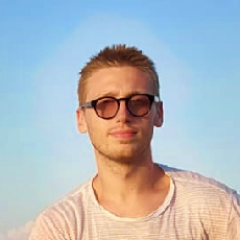
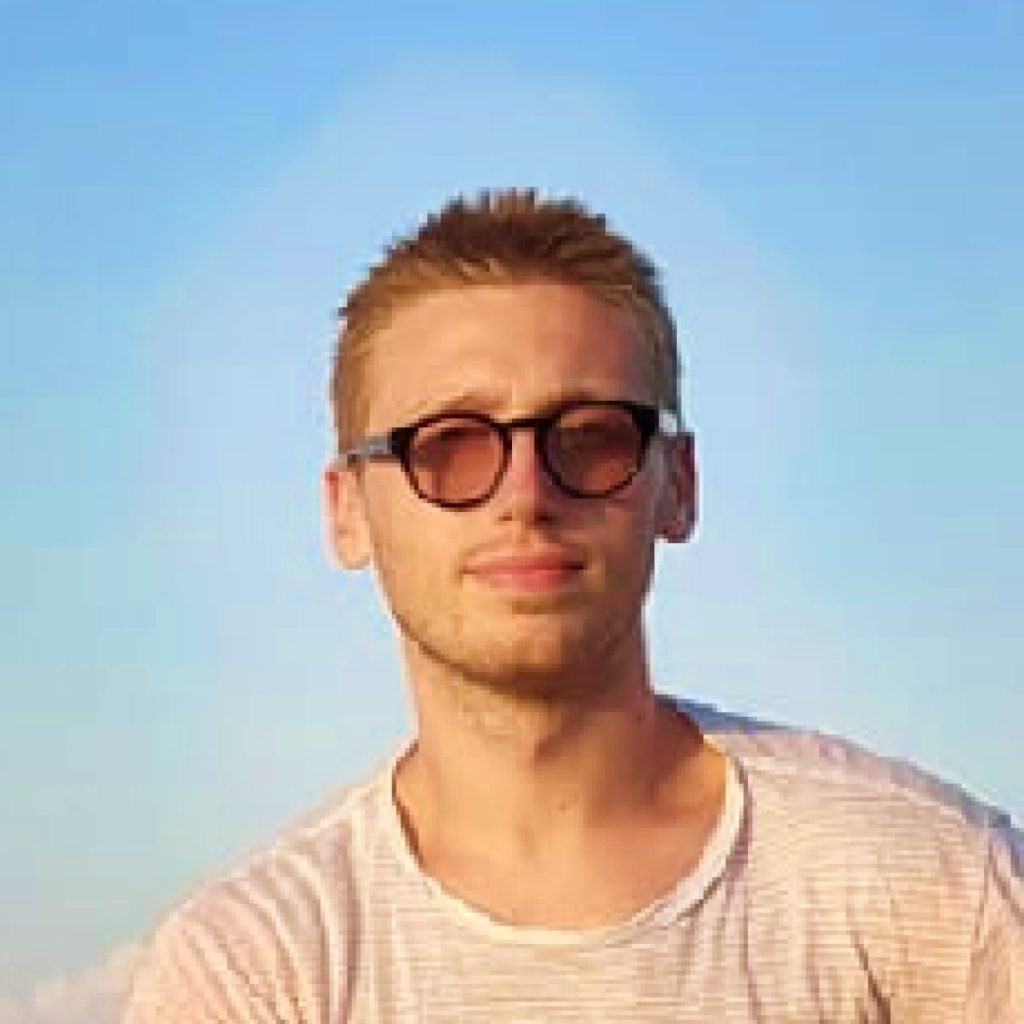
Nicola Gambardella was born in 1999 in Mirano, Italy, and graduated from the University of Padua in 2021 with a dissertation on metagenomics of extreme environments.
He is now doing his master’s degree in Molecular Biology with a specialization on Bioinformatics at the University of Padua, as well as his master’s internship with the CIIMAR Microbiome Ecology and Biogeochemistry Team.
During his project, he was able to work with metagenomics and metabarcoding data to reveal the limitations of current bioinformatic methodologies in microbial ecology.
He intends to pursue his studies in this topic with a PhD fellowship.
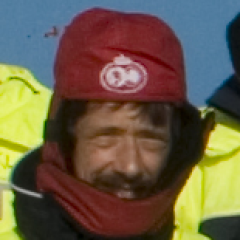
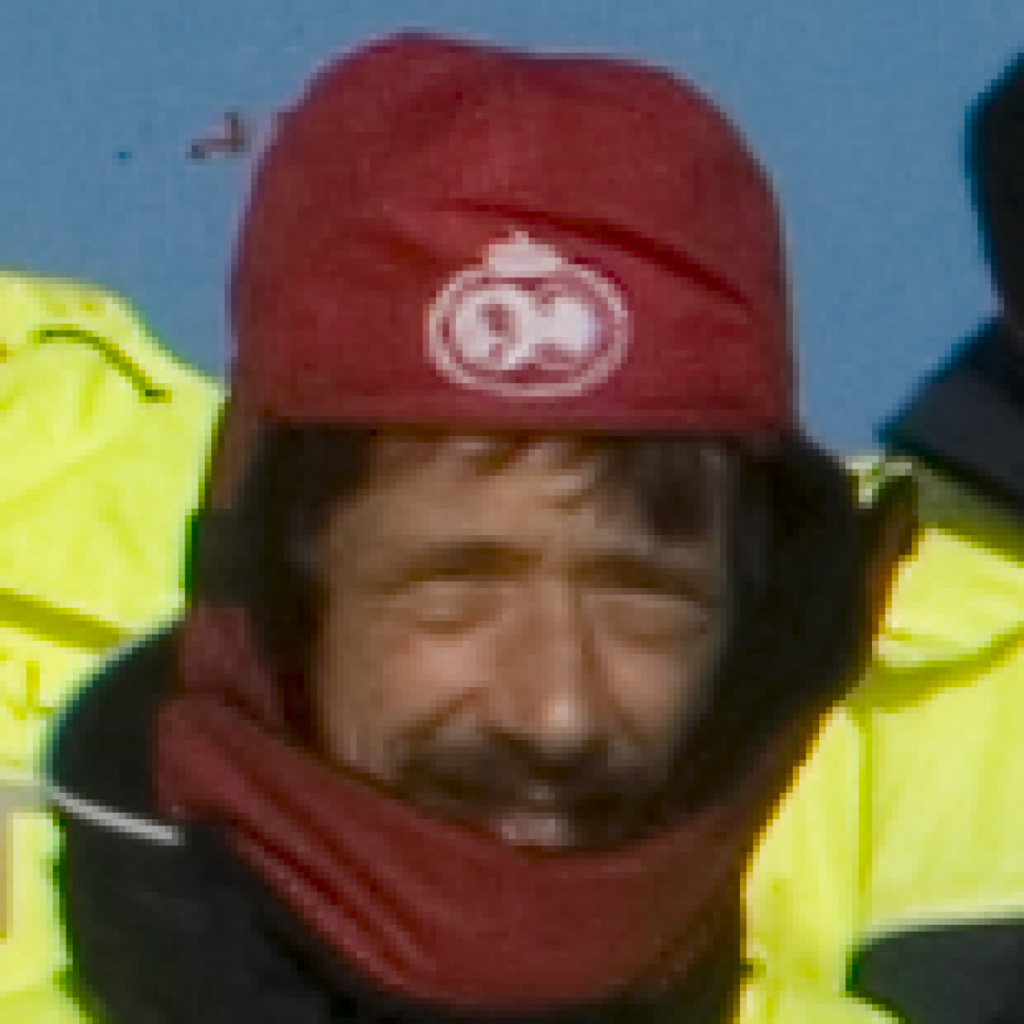
Pedro Duarte conducted his PhD research at the New University of Lisbon and worked as Assistant and Associate Professor at University Fernando Pessoa, Portugal, between 2005 and 2013. He got is “Agregação” in 2012. Since 2013, he has worked as a Senior Research Scientist at the Norwegian Polar Institute. His current research is focused on Arctic Ocean ecosystem change resulting from global warming, with an emphasis on primary production changes and implementation and usage of coupled ocean and sea-ice physical-biogeochemical models. Since 2018, he has been responsible for the Modelling work package of the Kongsfjorden Ecosystem Flagship Research Program on Svalbard3. His curriculum vitae contains ~100 peer-reviewed publications.
Baptista, M.S., Lee, C.K., Monteiro, M.R., Cary, S.C., Magalhães, C.
2024Environmental Microbiome, 19(1), 52.Pascoal, F., Duarte, P., Assmy, P., Costa, R., Magalhães, C.
2024Annals of MicrobiologySantos, B., Afonso, L., Alves, F., Dinis, A., Ferreira, R., Correia, A., Valente, R., Gil, A., Castro, F., Sousa-Pinto, I., Rosso, M., Centelleghe, C., Mazzariol, S., Magalhães, C., Tomasino, M.P.
2024Pascoal, F., Tomasino, M.P., Piredda, R., Quero, G.M., Torgo, L., Poulain, J., Galand, P.E., Fuhrman, J.A., Mitchell, A., Tinta, T., Dermastia, T.T., Fernandez-Guerra, A., Vezzi, A., Logares, R., Malfatti, F., Endo, H., Dabrowska, A.M., De Pascale, F., Sánchez, P., Henry, N., Fosso, B., Wilson, B., Toshchakov, S., Ferrant, G.K., Grigorov, I., Vieira, F., Costa, R., Pesant, S., Magalhães, C.
2023 ISME communications, 3(1), 84.Pizarro, L., Magalhães, C., Almeida, C.M.R., Carvalho, M.F., Semedo, M.
2023FEMS Microbiology Letters, Volume 370Pascoal, F., Costa, R., Assmy, P., Pedro, D., Magalhães, C.
2022Microbial Ecology, 34405249Website by: Glitz Design